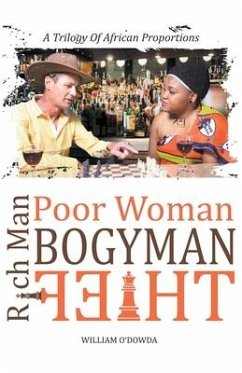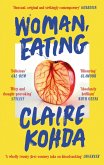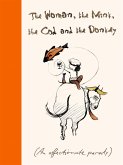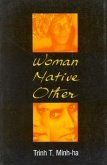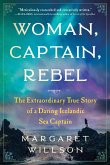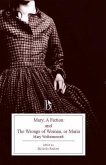The title has a familiar poetic ring to it. It is the second half of a rhyme that goes back to 1475, when William Caxton wrote a book about games The Game and Playe of the Cheese. It was a divination game, about who you were going to marry. Then AA Milne recycled it in 1927, in Now We Are Six. It is a playful turn of phrase, but serious too. So it is both traditional and relevant, like the book, which has recycled "beggar man" as "bogyman", to fit the narrative. And for gender balance, "poor man" has changed to "poor woman"... in keeping with the times. Book 1 is the baseline narrative - a true story about someone who wasn't true. One reviewer of this book Black Queen White King Check Mate wrote: "It is a cautionary tale, and it would be maudlin and tacky if it were not so interesting and well written." It exposes core themes of ancient versus modern, human rights versus the rights of the collective, and civil versus criminal. Book 2 continues the narrative and then gets deep into issues related to customary marriage. This is very relevant in Africa, where most marriages by far adhere to these ancient customs. Which were shared by patriarchs like Isaac and Rebecca, Ruth and Boaz, right up to the late great rapper HHP and his "ex". All the way to the Supreme Court of Appeal in 2020 - disputing whether their customary marriage was valid or not. His family says that all the rites were not completed. Whereas she claims that because they lived together for three years, she has a right to his estate. Do gender rights trump aboriginal rights? White King is Dead, Long Live Black Queen also revisits three historic inter-racial marriages, from Krotoa of the Sandlopers to Trever Noah's parents. Quoting the book reviewer again: "This is a fascinating look at South Africa through the eyes of a foreigner who has really made an effort to learn more than the average South Africa (black or white) knows about things. Book 3 get positively controversial (pun intended). Friendly Fire in the Catherdral uses the issue of "HIV endangerment" as a litmus test, to discern whether the bride was ever sincere. If she wasn't, she was similar to the two South African's who tested positive early in the coronavirus crisis, who then "jumped quarantine" in KwaZulu-Natal. They were tracked down by contact-tracing, arrested, and charged with attempted murder. This books re-visits pestilences past, from the Black Plague right up to Covid-19, and applies lessons learned to the baseline narrative. The author concludes that HIV endangerment may be over-criminalized in some settings, such as the HIV and AIDS pandemic in North America. In that context, it was viewed mainly as a sexually transmitted disease, mainly in the Gay community, and thus acquired double-jeopardy in terms of stigmatization. Whereas in Africa is was much like Covid-19, knowing no boundaries of male, female, rich, poor, black, white, national or foreigner. In this context, HIV endangerment is a crime. But it is one that has been rarely prosecuted, because gender rights seem to trump victim rights. Even when it may have been weaponized to snafu the groom's estate. The trilogy is autobiographical, written under a nome de plume to keep it as generic and informative as possible.
Hinweis: Dieser Artikel kann nur an eine deutsche Lieferadresse ausgeliefert werden.
Hinweis: Dieser Artikel kann nur an eine deutsche Lieferadresse ausgeliefert werden.

